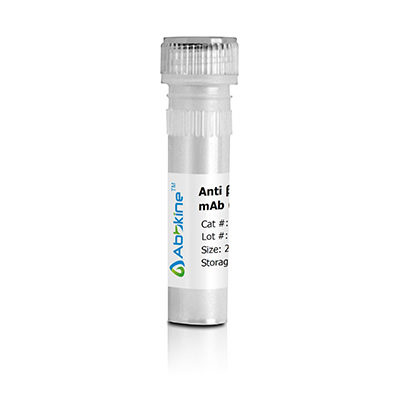CACNA1G (Calcium Voltage-Gated Channel Subunit Alpha1 G) is a Protein Coding gene. Diseases associated with CACNA1G include Spinocerebellar Ataxia 42 and Central Pain Syndrome. Among its related pathways are Arrhythmogenic right ventricular cardiomyopathy (ARVC) and Calcium signaling pathway. Voltage-sensitive calcium channels mediate the entry of calcium ions into excitable cells, and are also involved in a variety of calcium-dependent processes, including muscle contraction, hormone or neurotransmitter release, gene expression, cell motility, cell division, and cell death. CACNA1G encodes a T-type, low-voltage activated calcium channel. The T-type channels generate currents that are both transient, owing to fast inactivation, and tiny, owing to small conductance. T-type channels are thought to be involved in pacemaker activity, low-threshold calcium spikes, neuronal oscillations and resonance, and rebound burst firing. Many alternatively spliced transcript variants encoding different isoforms have been described for CACNA1G.
Optimal working dilutions should be determined experimentally by the investigator. Suggested starting dilutions are as follows: IHC-p 1:50-300.
CAC1G Polyclonal Antibody product listed herein is for research use only and is not intended for use in human or clinical diagnosis. Suggested applications of our products are not recommendations to use our products in violation of any patent or as a license. We cannot be responsible for patent infringements or other violations that may occur with the use of this product.
Find more details at https://www.abbkine.com/product/cac1g-polyclonal-antibody-abp57956/
bio-equip.cn




